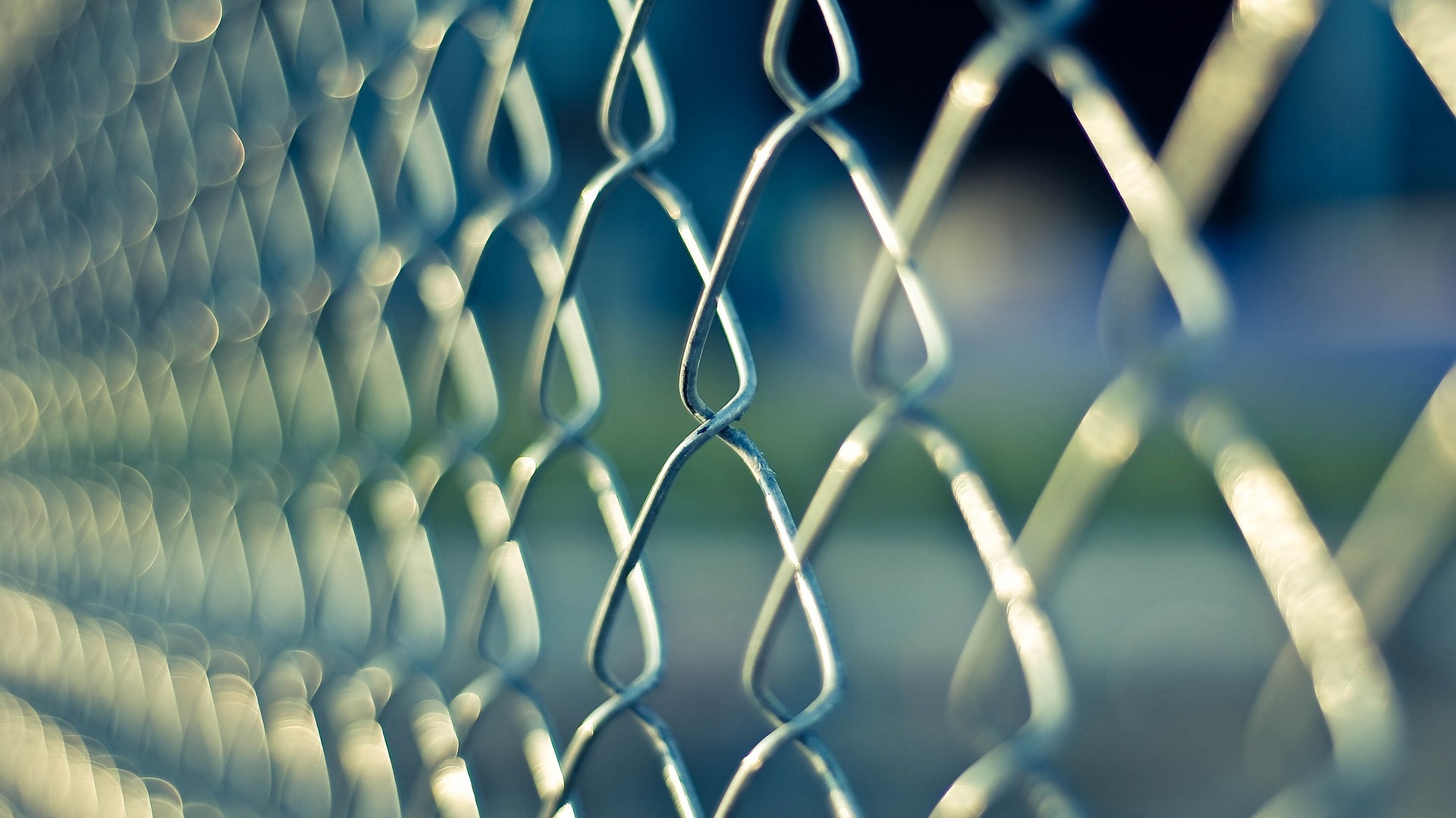
One Jewish Mother’s Account of the Prison Industrial Complex
The mother of one of the young men I called had once been highly placed in the Manhattan DA’s office and I told her what had happened. “Just sit tight,” she told me. “I’m on it.” Within the hour I learned he was at central booking, on Schermerhorn Street, and she gave me several phone numbers to try. Not one of them picked up. “We’re going down there,” I told my husband. That ride was the nadir of my life as his mother. Had he gotten into a fight? Stolen something? Been caught with drugs? All I knew that was that he was in jail. Even the word was scalding.
When we arrived, the building on Schermerhorn was vast and somnolent. We passed through the requisite metal detector and found that the window where we could seek information was closed until 2:15 for lunch. Neither of us had eaten and my husband wanted to get a sandwich. I was too anxious to sit still, much less eat, so I paced Smith Street until it was time to return. When we got there, the metal gate was pulled down and locked. We assumed our places in line. 2:15 turned to 2:20 and then 2:30, the minutes grinding by at an excruciatingly slow place. Finally, at 2:35, I walked back to the officer near the entrance. In my most deferential, eager-not-to-antagonize voice I said, “Excuse me, sir. You said, sir, we could come back at 2:15 and the window would be open. Sir.”
He looked at me out of jaded, weary eyes. “Lady, they’ll open when they open.” This comment sounded inside me like a death knell. My son was being held somewhere in this building, and I did not know why. We could not see or speak to him. He’d been swallowed up, like Jonah in the belly of the whale; we were powerless against the beast. Meekly, we got back in line.
Finally, the gate was unlocked. There was a man ahead of me, and I listened avidly as he was told that the person he was inquiring about had been moved to Riker’s Island. Riker’s Island made jail seemed positively benign. When it was our turn, the clerk said to check the list of typed names on the wall. If my son’s name appeared, he would likely see the judge that night. But because it was a Sunday, only one judge was on duty. There was a good chance my son would have to spend another night in jail.
There was nothing for us to do, so we left. On the dismal trip home, his friend’s mom called. She told us our son had been charged with theft of service—something to do with a gypsy cab ride that had gone horribly wrong. Then she gave me the number of a lawyer. The lawyer said he might be able to get our son that night—the operative word being might. His services would cost $1500, money we did not readily have at the moment. I told him I would speak to my husband and call him right back. As I started telling the story I stopped. Of course we were hiring the lawyer; I called and told him to please, please do whatever it took to free our boy.
And that’s exactly what he did. He went down to Schermerhorn, where he had once worked and called in a favor with one of his former cronies. He was able to get our son out, and even drove him back home late that night. When my son walked through the door, I felt like I was witnessing the return of Odysseus, gone for 20 years instead of 20 hours, veteran of a long journey that had left us far behind. He hugged me and asked for food—he was ravenous. So I fed him and listened to his tale—getting into the cab, the realization that his wallet was missing only after he’d sat down, the heated altercation with the cabbie, the trip to station house where he was so certain he’d be vindicated that he followed the cabbie right in, only to be subjected to the indignity of the cold metal cuffs. There were the other people in the cell, like the career thief who made a living robbing department stores and selling the stolen goods, and the Chasidic man who had placed his foot up on an empty seat in subway car at 3:00 a.m. There was the mystery meat sandwich he’d been offered and refused, the bored indifference of the guards, the righteous indignation when he considered his plight. I flashed on the man in line earlier that day, the resigned way he’d shuffled off when he heard the word Riker’s. It was the kind of resignation my son would probably never know. He was one of the lucky ones; his night in the slammer had sobered him, informed him and even illuminated him. But it had not defined him, not at all. The way ahead was still open, still untrammeled, still his on which to walk, run and soar.
The views and opinions expressed in this article are the author’s own and do not necessarily reflect those of Lilith Magazine.
2 comments on “One Jewish Mother’s Account of the Prison Industrial Complex”
Comments are closed.




I held my breath reading this. I also have a son the same age. So glad that it turned out okay. Sounds as if you raised him with the tools to adapt to such a challenging situation.
Thank you, Evelyn. Those few hours when I knew he was in jail but could do nothing about it were among my worst as his mother! But he survived and thrived. And he even wrote about the experience on his law school application!